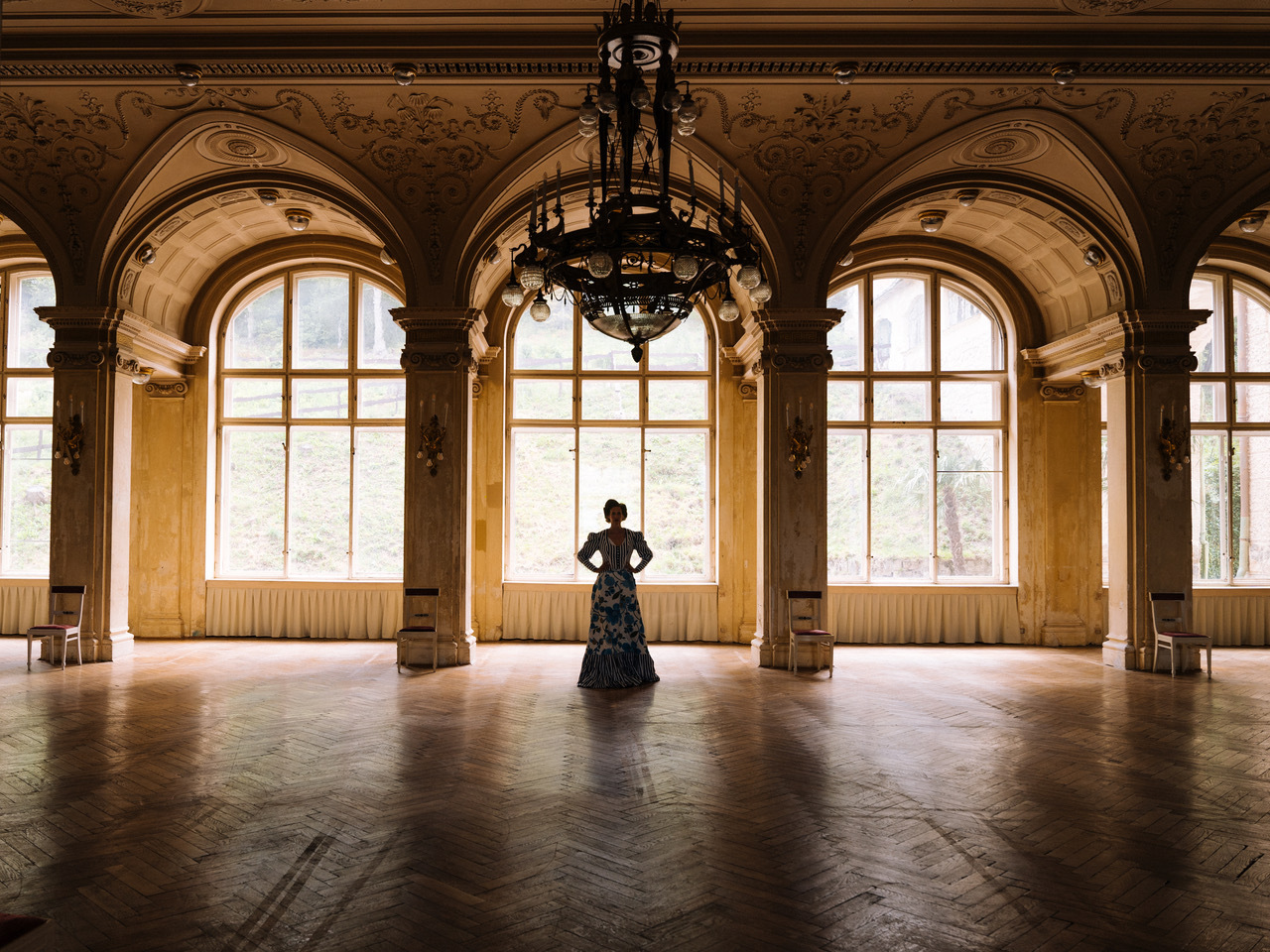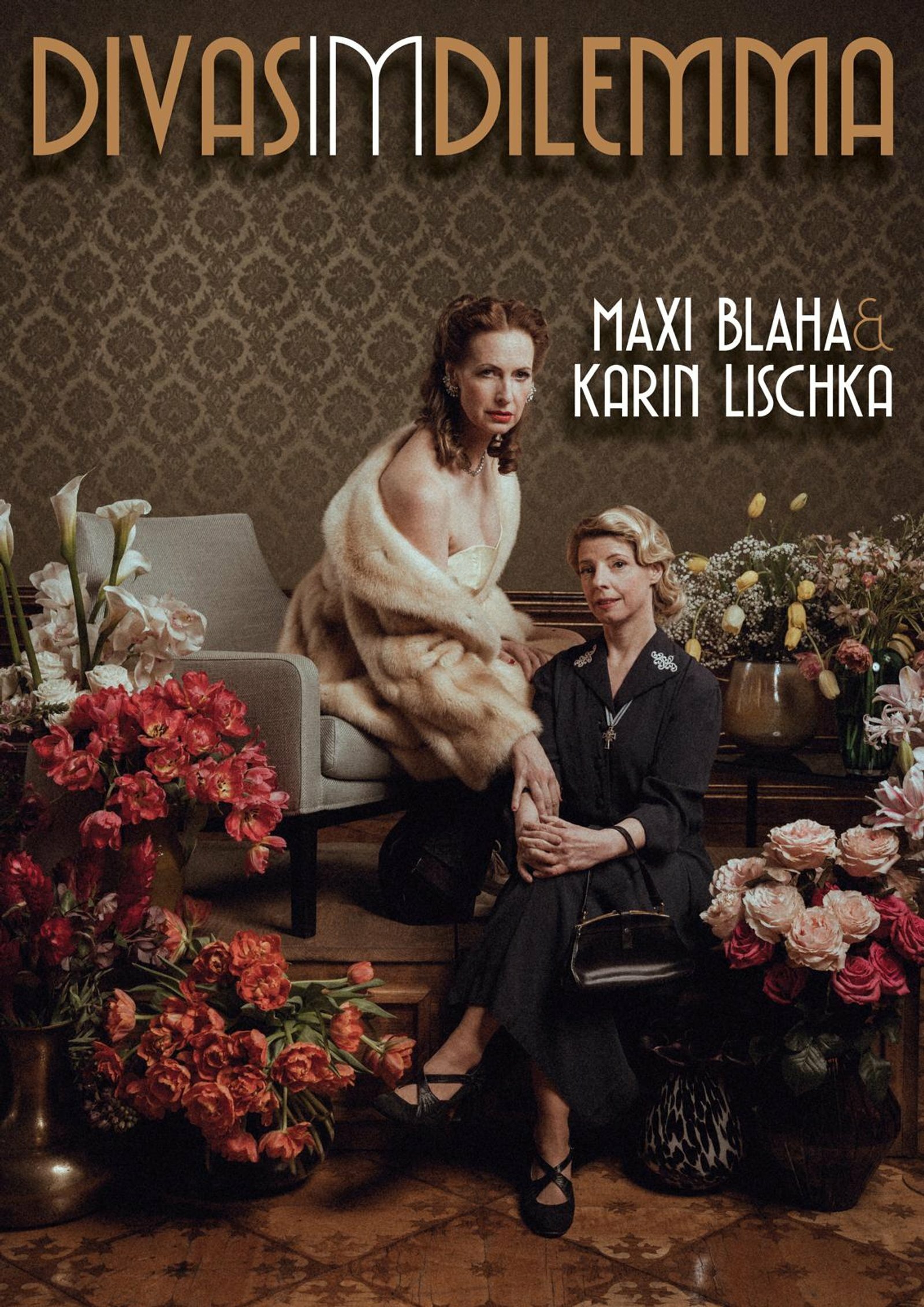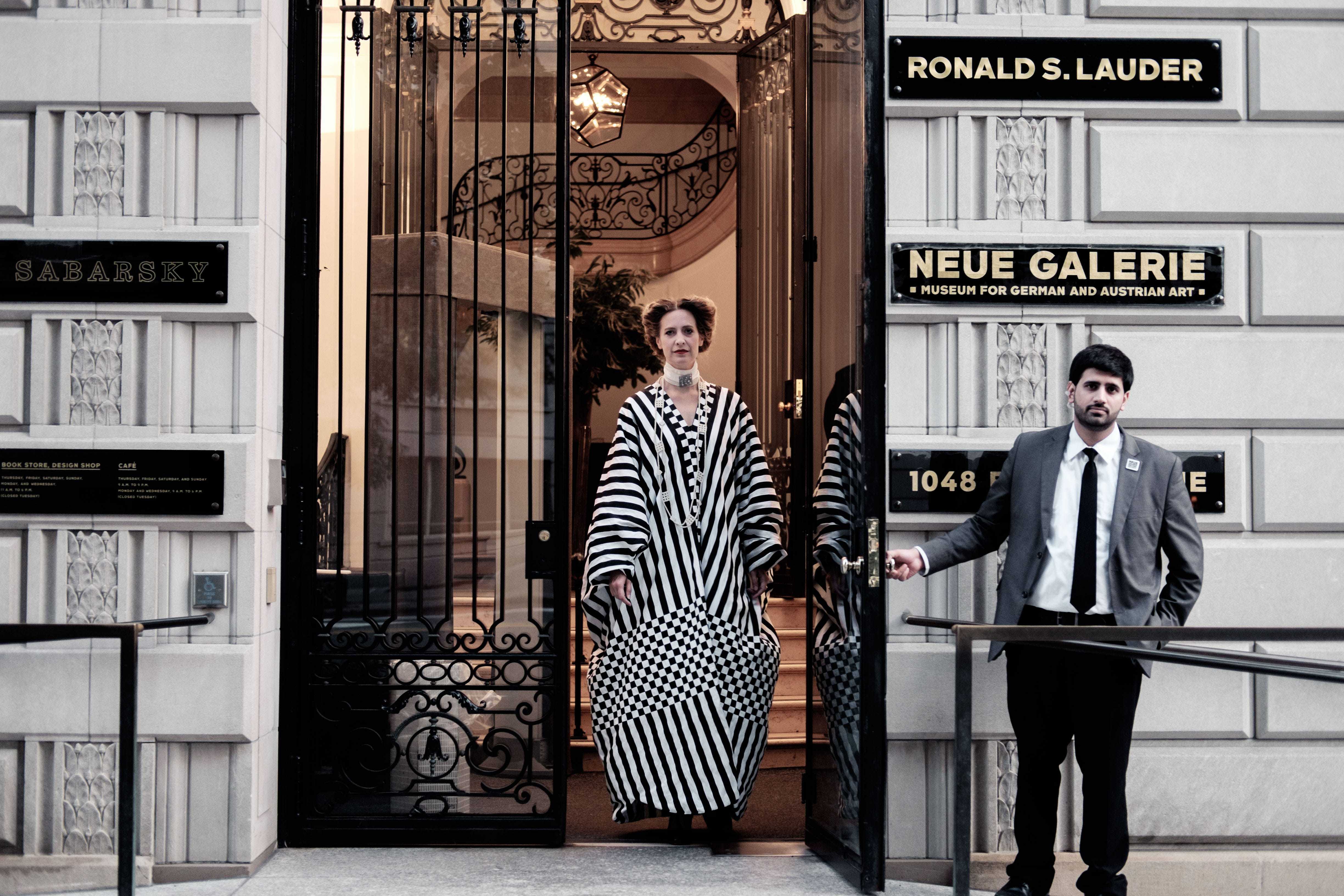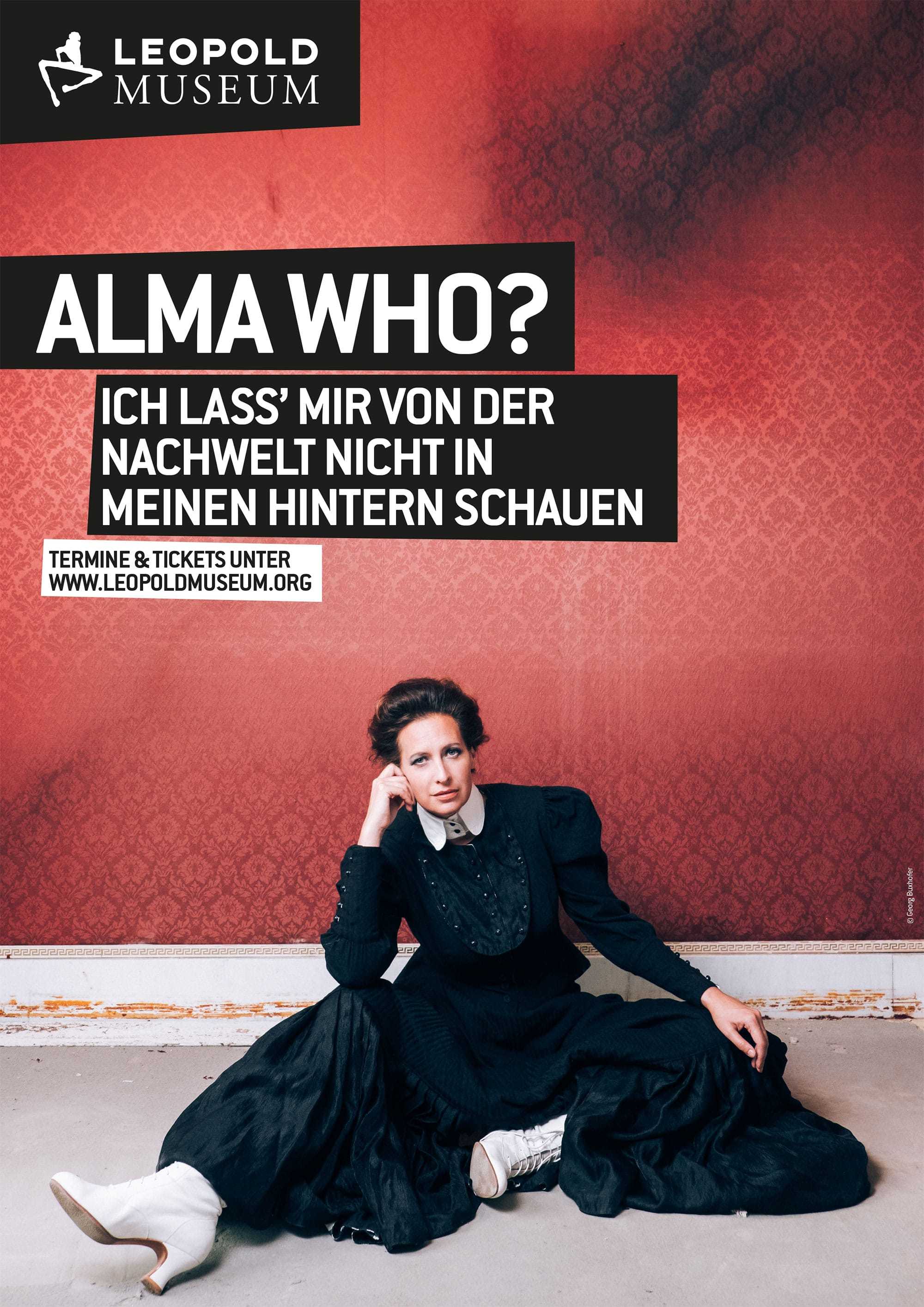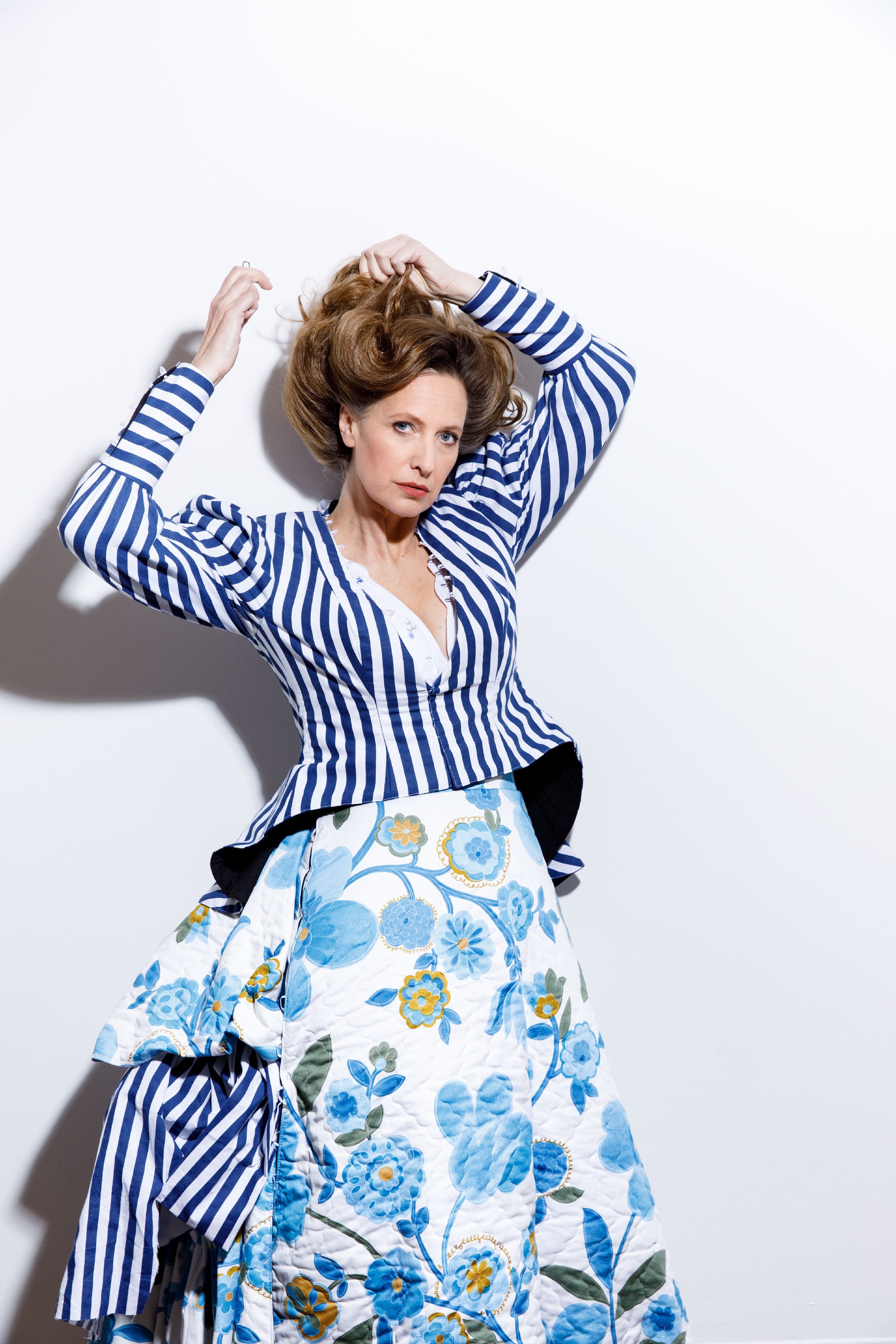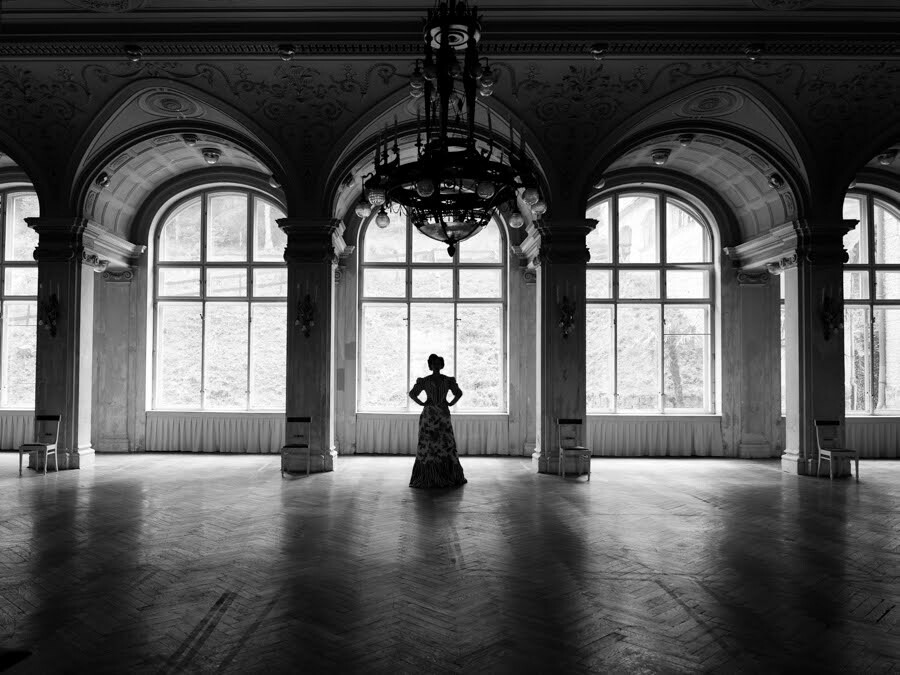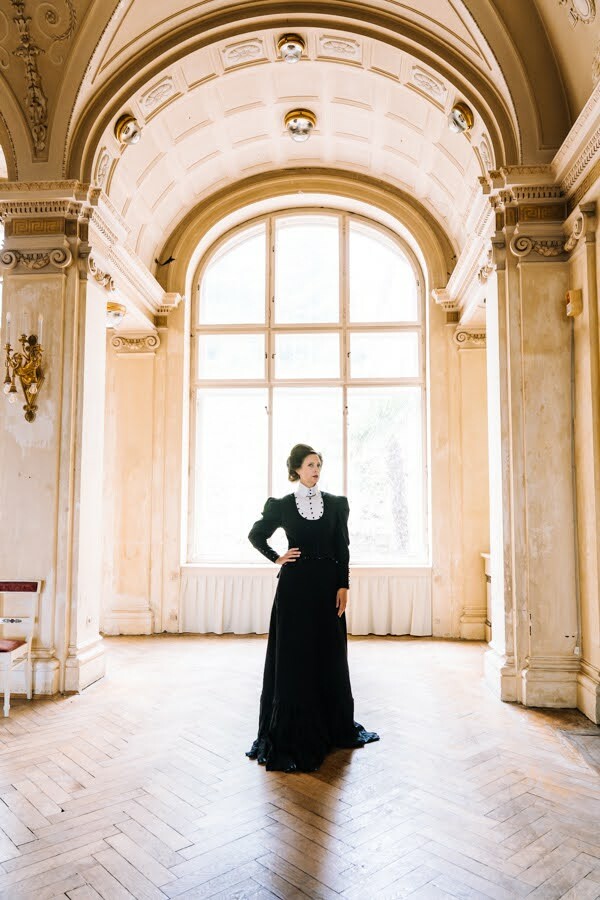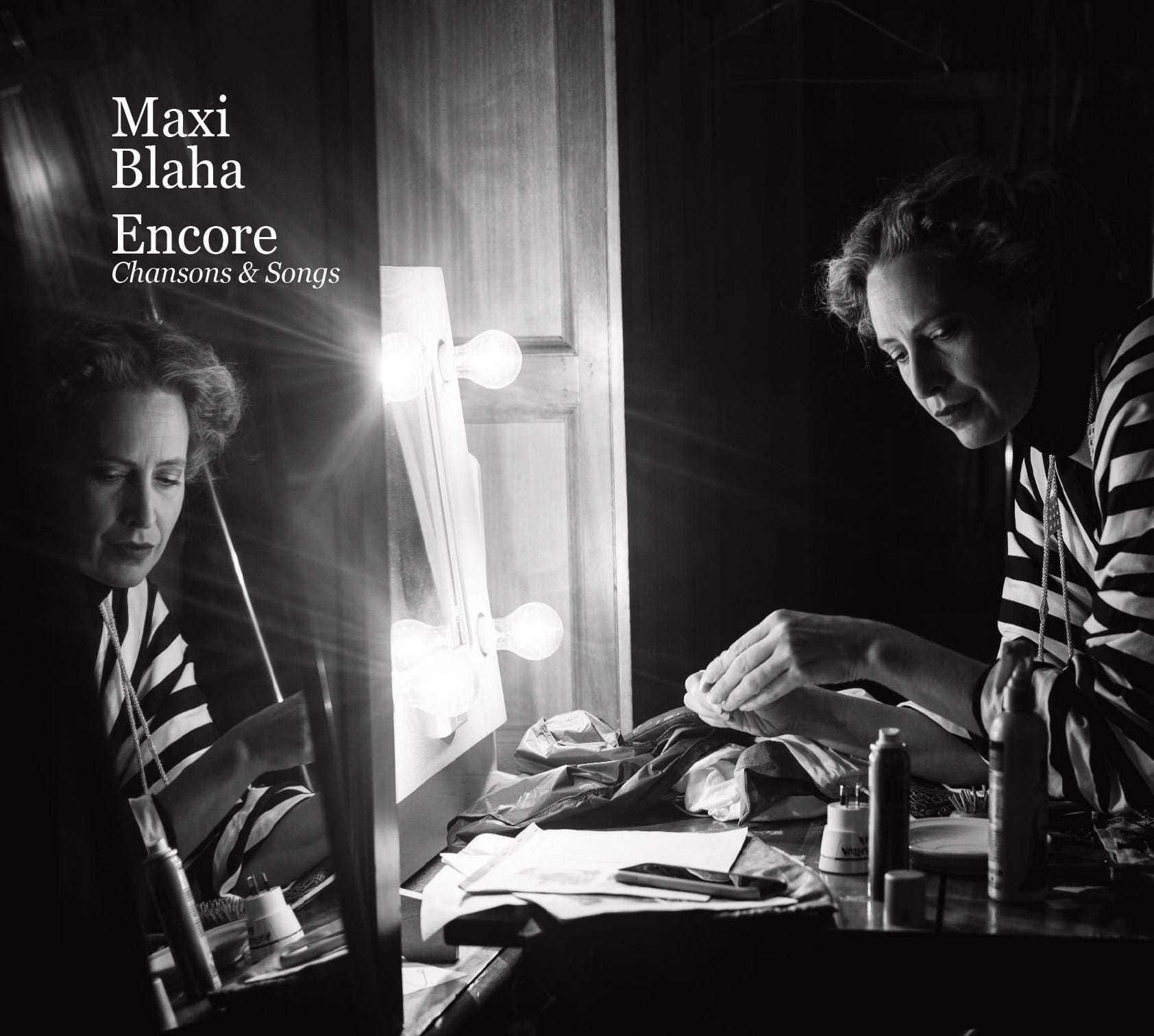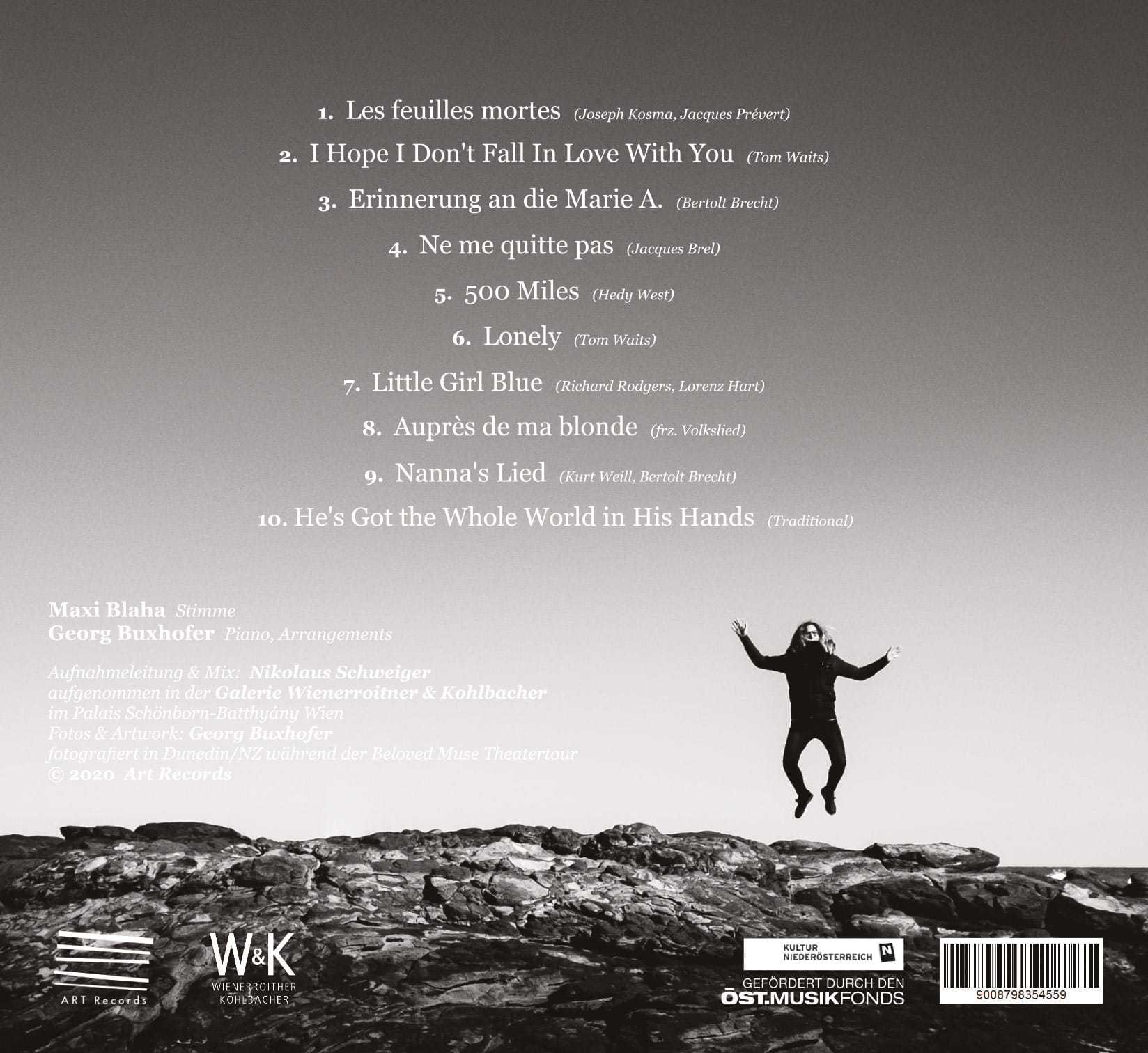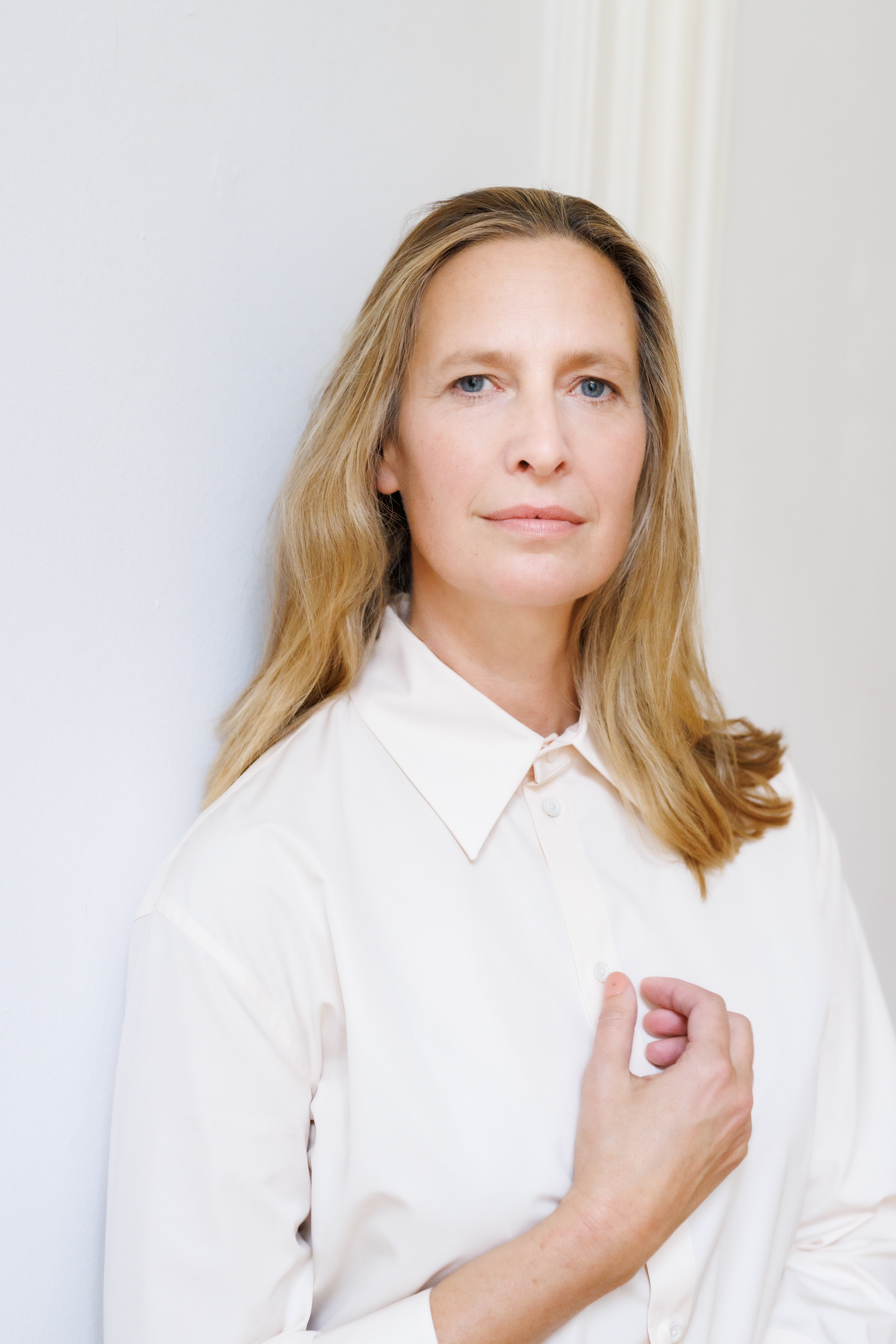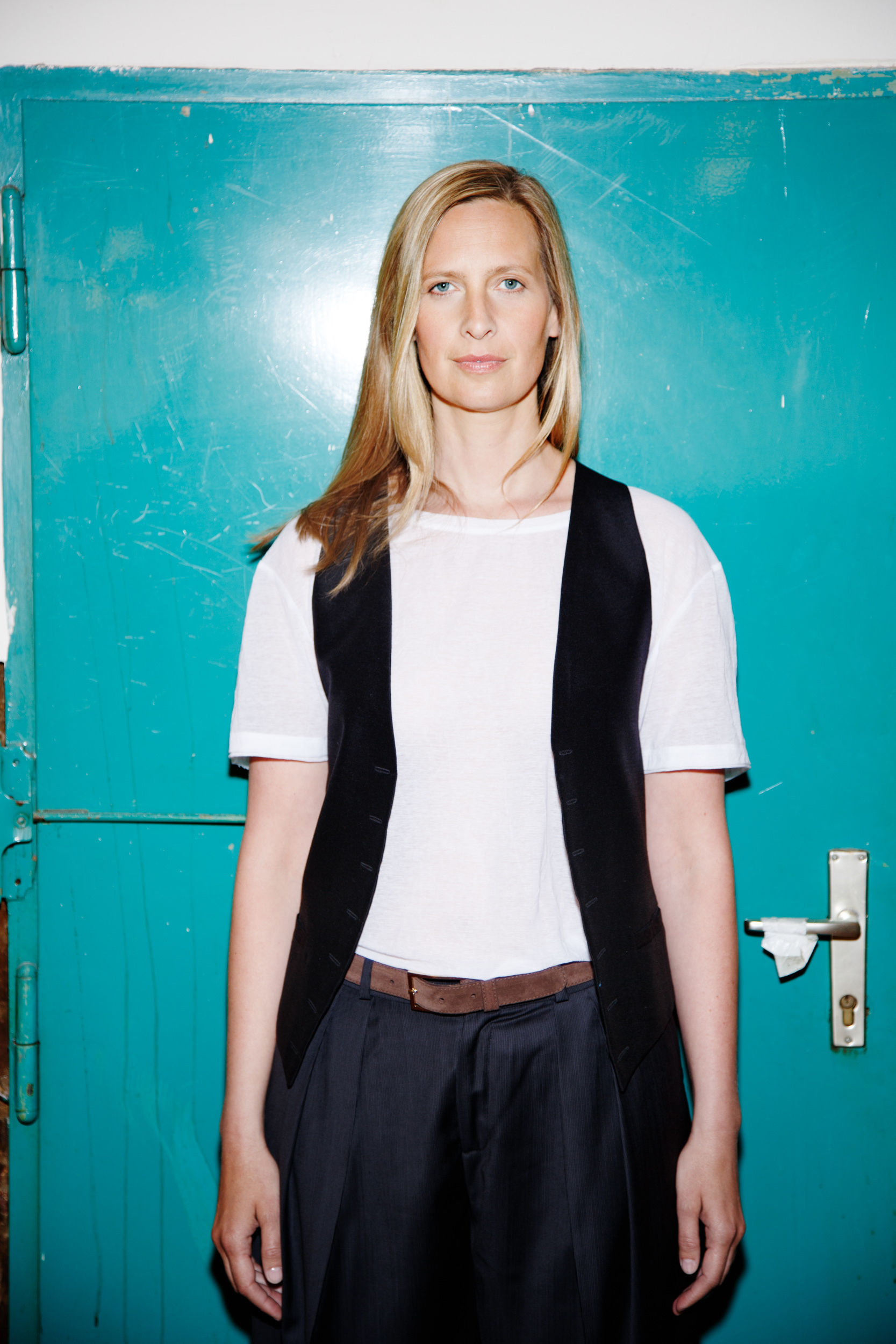

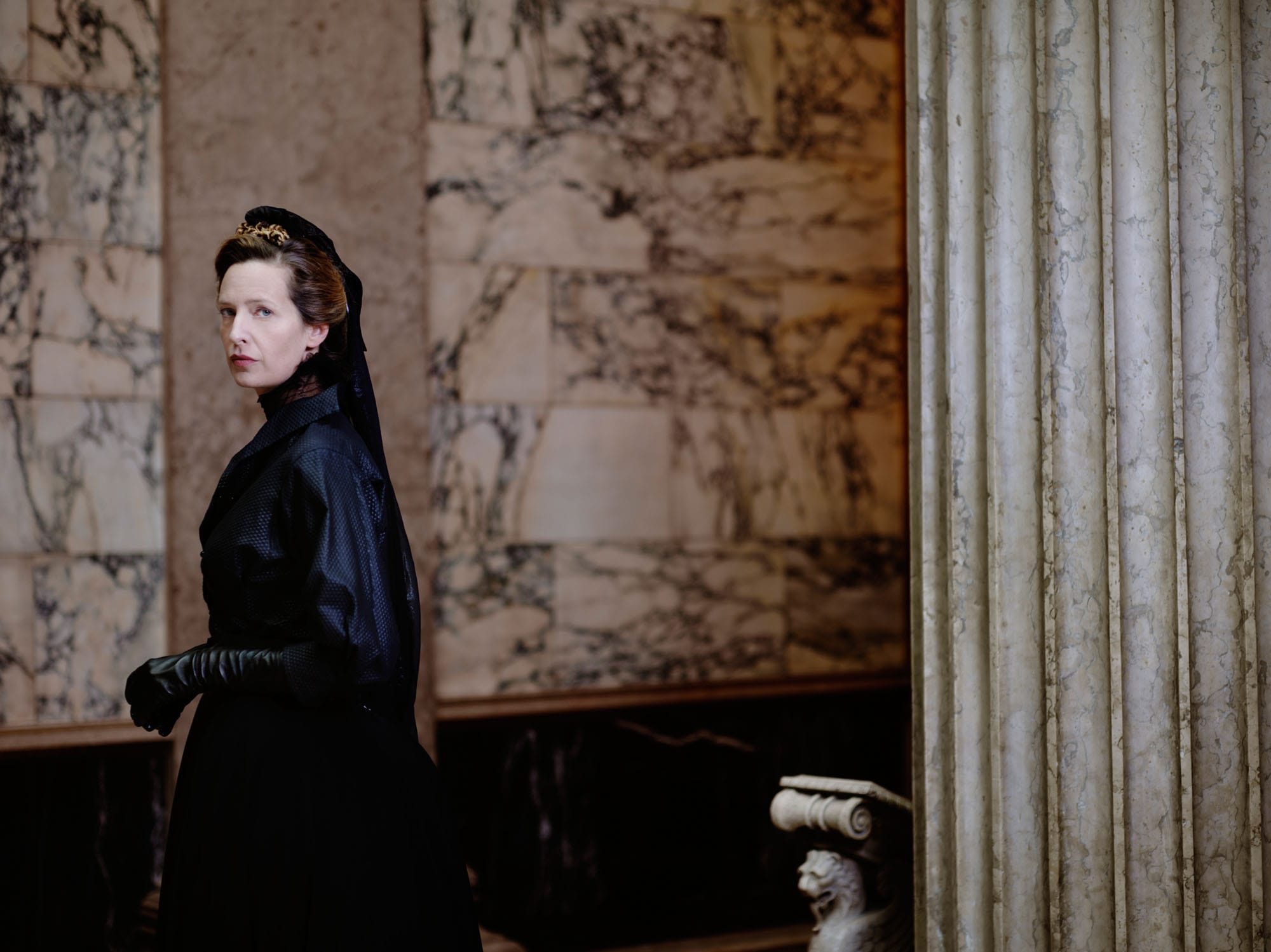

SOUL OF FIRE – she fought for peace
Austrian actress Maxi Blaha brings a restless intelligence to the role. On a rich carpet square with a couple of old-fashioned chairs, one for her and one for unobtrusive but evocative guitar accompanist Georg Buxhofer she appears in a dress with a fabulously long and heavy 19th-century train. Later in the piece she reverts to contemporary black pants and blouse, but that train becomes an image for the constraints of the times on women. Not quite aristocratic enough to marry „well“, not quite capable of the singing career she pursues for a while, and saddled with relatives inclined to be feckless with what money there is, she eventually finds herself a teacher and companion to the Suttner family’s four daughters.

Emilie Flöge mit Maxi Blaha
EMILIE FLÖGE - Geliebte Muse im BELVEDERE, Wien
Theaterstück von Penny Black mit Maxi Blaha
2018, Belvedere Wien


SOUL OF FIRE –
she fought for peace
Soul of Fire is an elegant little play that gently and eco-nomically recreates the life and spirit of Bertha von Suttner, peace activist, writer and, in 1905, the first woman to win the Nobel Peace Prize. Austrian actress Maxi Blaha brings a restless intelligence to the role. On a rich carpet square with a couple of old-fashioned chairs, one for her and one for unobtrusive but evocative guitar accompanist Georg Buxhofer she appears in a dress with a fabulously long and heavy 19th-century train. Later in the piece she reverts to contemporary black pants and blouse, but that train becomes an image for the constraints of the times on women…
Blaha is convincing as a woman of her times, limited in access to formal education and political rights, but able through the chances of her life (and dare it be said, the authority of her social class) to advocate publicly for peace. She dies just before the outbreak of World War I, which is only the extreme intensification of many simmering conflicts.
She hands out a pamphlet to the audience that makes it clear she foresees a massive conflict. Why not, she says, simply lay down your arms? Who really wants war? Who speaks up for peace? The effect on an audience with 100 more years of violent history to factor in could very well be depressing. But Blaha’s intense and persuasive performance makes it clear that peace activism continues and must continue. This is emotional and political life scripted and performed with feeling and understanding.
• Ron Cerabona, September 24, 2015


